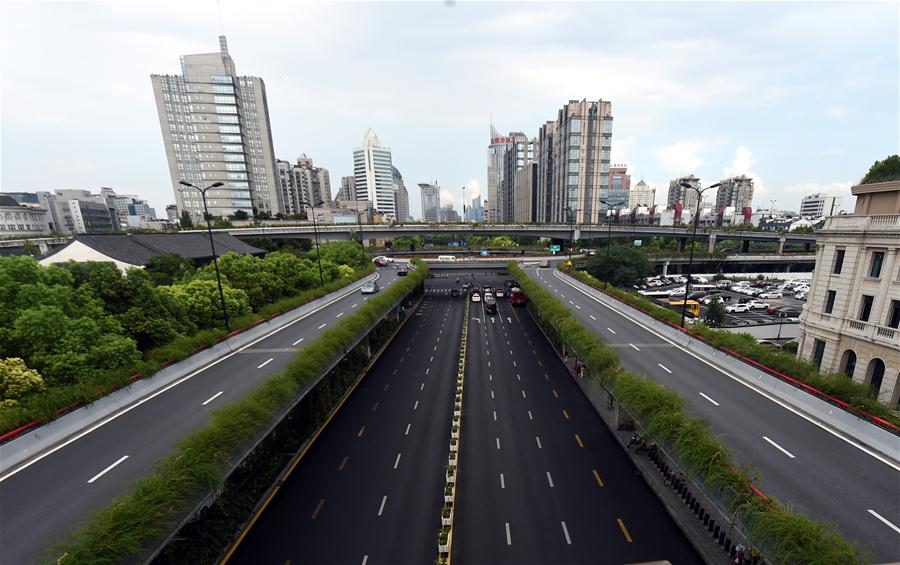
HANGZHOU, Aug. 22 -- Leaders of the world's 20 biggest economies will gather for their annual summit next month in the booming city of Hangzhou, capital of east China's Zhejiang Province and home to e-commerce giant Alibaba.
The city, praised by Italian traveler Marco Polo in the 13th century as "the world's most magnificent and noble city," is little-known compared with Beijing and Shanghai, but has much to offer and is a window on new trends in China.
Hangzhou's economy grew by 10.8 percent in H1, outpacing almost all major Chinese cities and well above the 6.7 percent registered by the country as a whole. Alibaba announced revenue growth of 59 percent in H1, the fast growth since raising 25 billion U.S. dollars in its 2014 IPO.
Thousands of other smaller online shopping businesses are clustered in the city. Two years ago there were 470,000 e-commerce businesses there, one seventh of China's total. Last year, China's online retailers made sales of 588 billion dollars, with 115 billion dollars reported in Zhejiang. In Hangzhou alone, cross-border e-commerce rocketed from less than 20 million dollars in 2014 to 3.5 billion dollars in 2015.
E-commerce has become the solution to revamping a sprawling economy once dominated by specialized manufacturers in small towns. They became world-renowned producers of cheap commodities like cigarette lighters, neckties, socks and umbrellas, but were hit hard by the 2008 financial crisis.
These small business clusters making a single product are typical of Zhejiang and a double-edged sword. Resource and labor intensive manufacturers have lost dominance as capital drains into Southeast Asia where costs are lower. There is also government pressure to "empty the cage for new birds" -- shutting down polluters to make room for environment-friendly, high-value added industries.
Wahaha, one of China's largest beverage producers, is using robots in packaging and piling to save manpower and costs, but even small businesses crave technological upgrades and innovation. Inspired by the city's vibrancy, Bostonian Richard Jackson quit his job as an English teacher in 2015 and became communications manager in AI start-up Rokid.
"Hangzhou is establishing itself as a high-tech center. Rokid is a very good example of the new Hangzhou, and it shows the spirit of innovation-driven development," he said.
With the economy on fire and a long tradition of entrepreneurship, local magnates are taking the fight around the globe. Automaker Geely became a global name in 2010 when it bought the ailing Swedish brand Volvo from Ford for 1.8 billion dollars. Today China's listed companies are targeting acquisitions in automobiles, electronics, chemicals and bio-medicine in Europe and North America. From 2012 to 2014, Chinese enterprises made 29 such acquisitions, 10 of which originated in Zhejiang.
"A major motive of overseas acquisitions by leading Zhejiang companies is to get their hands on the technology needed to increase value-added and move up the ladder," said Chen Feiqiong of Zhejiang University.
"The spillover effect will buoy up the local economy, essential for China to transform itself from the world's run-down factory to a modern manufacturing power by 2025, as the government plans," she said. Enditem